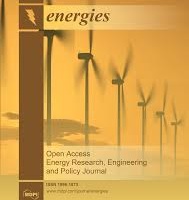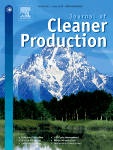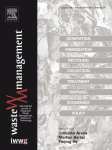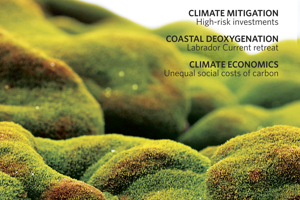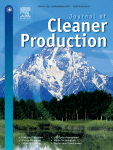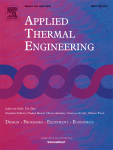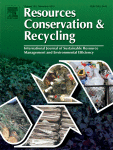
Challenges and opportunities for scaling up upcycling businesses – The case of textile and wood upcycling businesses in the UK
Upcycling is a process in which used or waste products and materials are repaired, reused, repurposed, refurbished, upgraded and remanufactured in a creative way to add value to the compositional elements. It has been part of human life throughout history, and the past few years have seen its revival, driven by multiple factors including growing concern for the environment and resource scarcity. Upcycling increases quality and lifetimes of materials and products, reduces wastes, creates employment opportunities, and encourages sustainable consumer behaviour. Despite such benefits and increasing interest, upcycling is largely considered as a niche practice. One of the important gaps in the current state of knowledge on upcycling is a lack of systemic understanding about challenges and success factors relating to scaling up upcycling businesses. This paper aims to address this gap by employing a broad range of methods for reaching its goal, including literature review, stakeholder analysis, semi-structured interviews, group model building, development of causal loop diagrams, and a workshop with stakeholders and experts to validate causal loop diagrams and discuss promising interventions and how to proceed. The results identified potential actors for the success of upcycling businesses, key challenges and success factors, causal linkages among the challenges and success factors, key system mechanisms, and interventions for scaling up upcycling businesses. Collaboration across the upcycling value chain involving a wide range of actors is also discussed.
Read the full article here.
